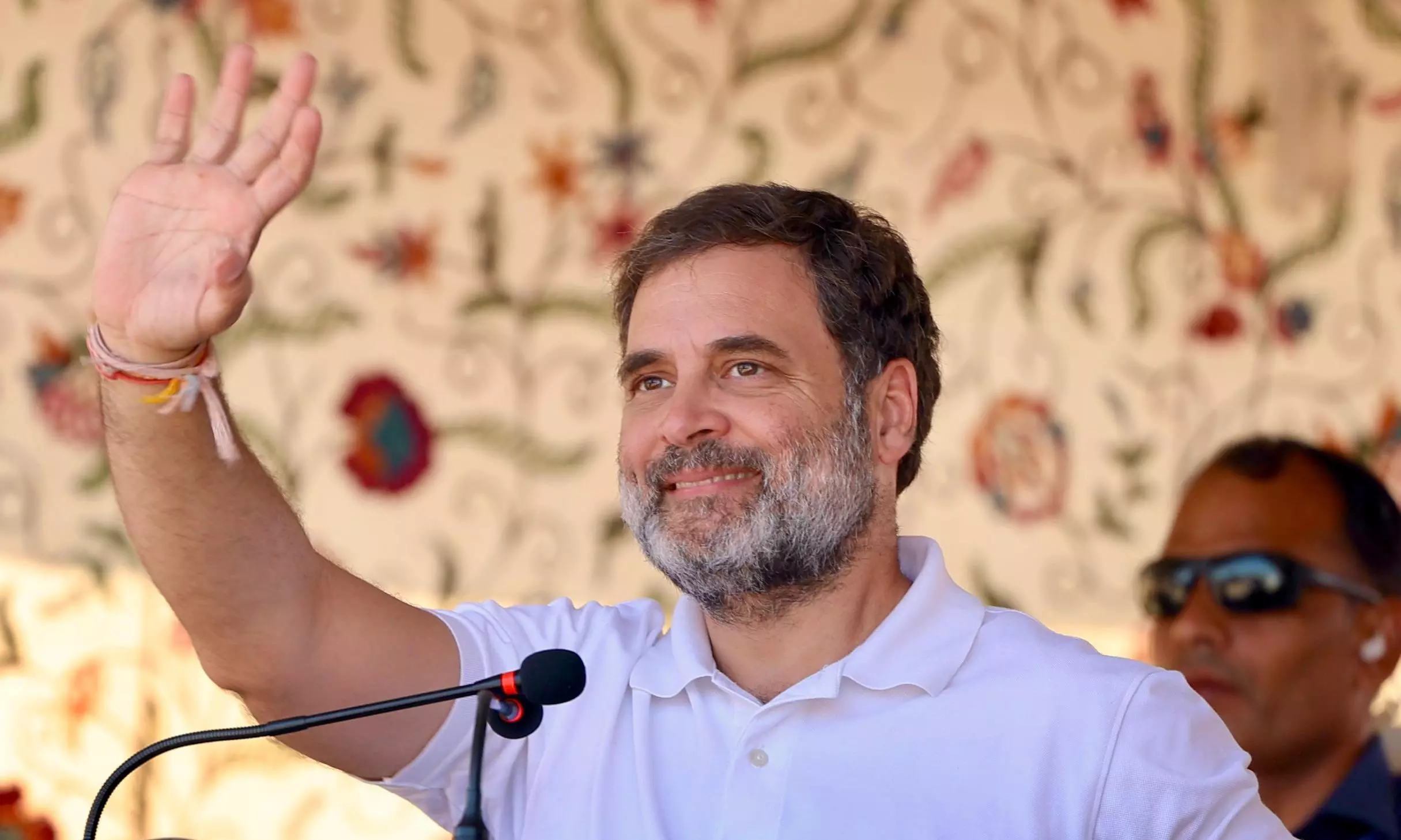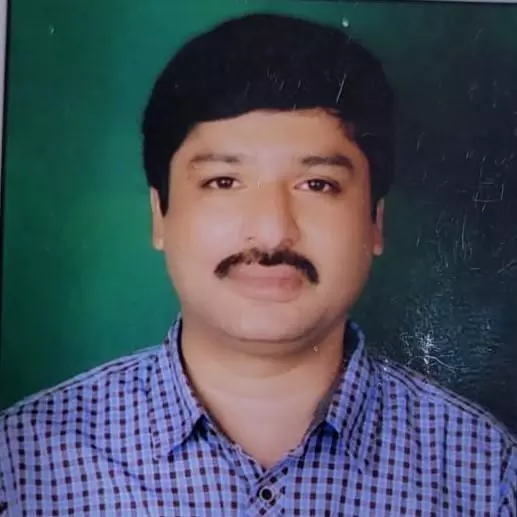Rahul advocates for caste census across India
Calls Telangana's caste census a role model for nation

The Leader of Opposition in the Lok Sabha criticised Prime Minister Narendra Modi and the BJP for opposing caste census alleging that only those who benefit from caste discrimination and those who don't want the people of India to be informed about prevailing caste discrimination in every sector oppose a caste census.
The Congress leader pledged that, if his party comes to power at the Centre, it would not only ensure a nationwide caste census but would also demolish the “artificial barrier” of limiting total reservations to 50 per cent, which he described as a constraint on eradicating caste inequality in the country.
Addressing a state-level consultation on the caste census in Telangana at the Gandhi Ideology Centre in Bowenpally, Rahul Gandhi praised the state’s caste census, citing it as a model for a national caste census. “What Telangana has started is more than just a caste census; it’s a model for good governance and a progressive future for India,” he remarked.
The former AICC president highlighted the importance of the caste survey, as it would reveal hidden social inequalities and foster more inclusive governance.
Rahul Gandhi argued that caste discrimination remained deeply ingrained in society, affecting people’s lives, careers, confidence, and faith in the nation. “Caste discrimination exists in every corner of this country and it erodes lives on a daily basis,” he stated, adding that accepting the existence of this issue is the first step towards resolving it.
Lashing out at Modi and BJP, he said, "Whenever I talk about caste discrimination in Indian society and caste census, they start saying that I am dividing the country. Why are the Prime Minister and the BJP scared to talk about caste discrimination which is a truth in Indian society? Why are they scared to ask questions like how many OBCs, Adivasis, Dalits, minorities are there in judiciary, corporate sector, media, armed forces?"
He said he was raising these questions to unearth the truth about caste discrimination and it is not to divide the country.
“We all know caste discrimination is real in India. Let’s simply measure it, reveal its extent, and let the country see the truth,” he explained.
The Congress leader emphasised the need for transparency on critical questions, such as how wealth and power are distributed across various social groups in India, including Dalits, Adivasis, Other Backward Classes (OBCs), minorities, and economically disadvantaged general castes.
“Let us know how many Dalits are sitting in corporate boardrooms, how many OBCs are in the judiciary, how many Adivasis are in media, and what share of wealth each group holds,” he said, stressing that avoiding these questions only serves those who benefit from discrimination.
Expressing gratitude to the Telangana leadership for initiating caste survey, Rahul Gandhi commended their inclusive approach, highlighting that it allows marginalised communities — Dalits, OBCs, and Adivasis — to participate in formulating questions for the census. According to him, this approach contrasts sharply with a “bureaucratic” census where decision-making is confined to officials.
“We don’t want bureaucrats sitting in a room somewhere to decide the questions for a caste census. If that happens, it will be an insult to people of India,” the Congress leader asserted. “We want the people, especially marginalised communities, to have a say in what questions should be asked.”
He emphasised that the caste census is not merely about counting population by caste but rather an instrument for equitable development and good governance. He said any shortcoming in Telangana’s caste census could be addressed.
He also shared insights from his recent meeting with a top expert on inequality, who presented data indicating India’s position as one of the most unequal societies in the world.
According to Rahul Gandhi, however, the expert overlooked the role of caste in perpetuating this inequality. “The single biggest discriminating factor in India is caste, and it makes our social inequality unique in the world,” he said. “There’s still untouchability here, a form of discrimination that doesn’t exist anywhere else.” He argued that the scale and nature of caste discrimination make it essential to quantify and address.

